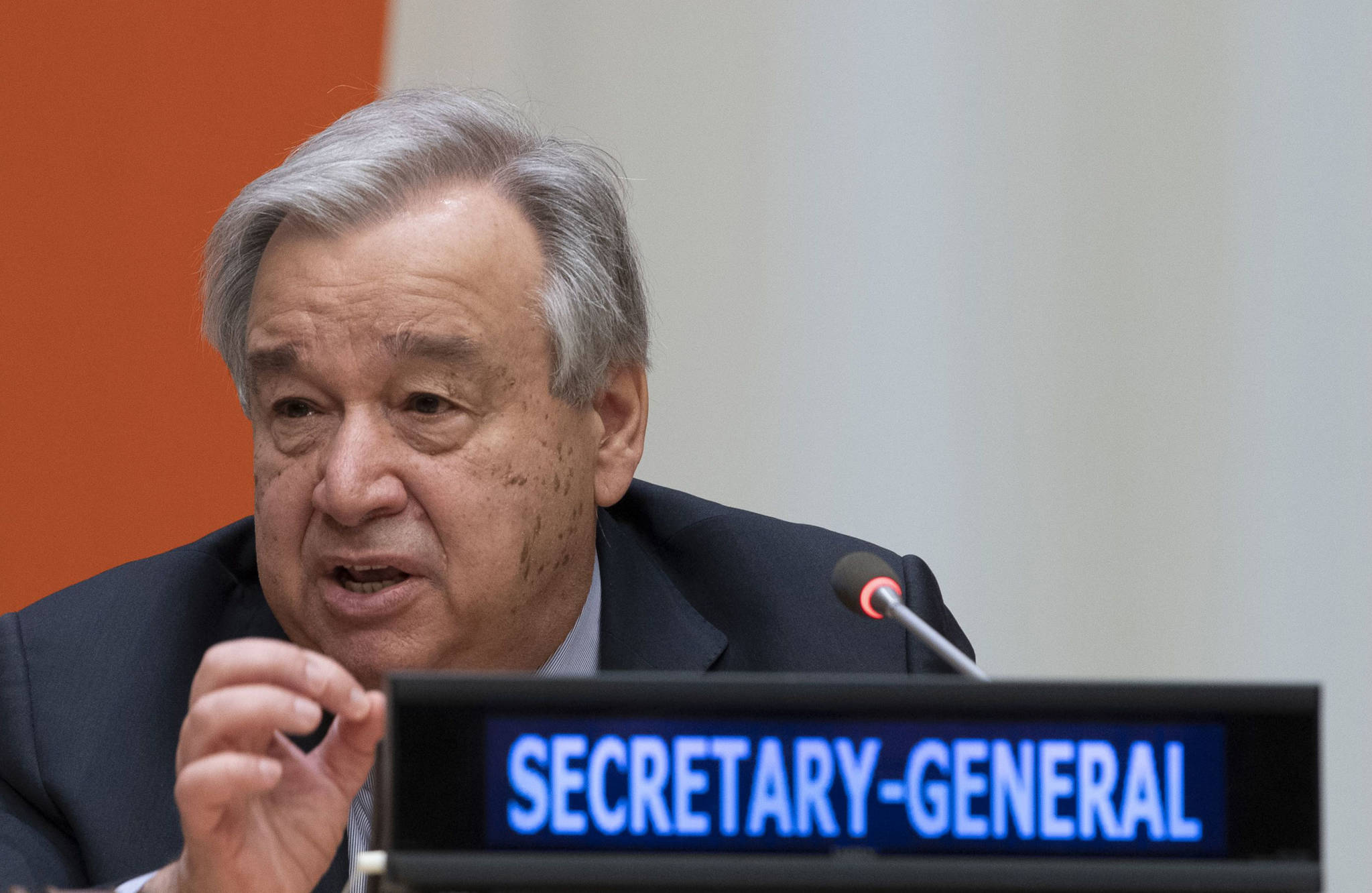We use Cookies. Read our Terms
- News
- #Verified: UN launches campaign to combat misinformation about COVID-19
#Verified: UN launches campaign to combat misinformation about COVID-19

UN Secretary-General António Guterres.
As published in the 03/2020 issue of the OPEC Fund Quarterly.
Since the outbreak of COVID-19, battling false information about the coronavirus has been a crisis in itself. To tackle the spread of false news, the United Nations has launched Verified, a global initiative to combat the growing problem of dangerous COVID-19 misinformation by increasing the volume and reach of trusted, accurate information.
We cannot cede our virtual spaces to those who traffic in lies, fear and hate,” said UN Secretary-General António Guterres in a statement marking the launch of the Verified campaign. “Misinformation spreads online, in messaging apps and person to person. Its creators use savvy production and distribution methods. To counter it, scientists and institutions like the United Nations need to reach people with accurate information they can trust,” the UN chief explained.
Led by the UN Department for Global Communications, Verified will provide information in several languages around three themes: science – to save lives; solidarity – to promote local and global cooperation; and solutions – to advocate for support to impacted populations.
It will also promote COVID-19 recovery packages that tackle the climate crisis and address the causes of poverty, inequality and hunger.
Verified will partner with UN agencies and others, including influencers, civil society, business and media organizations, to distribute trusted, accurate content, while also working with social media platforms to root out hate and harmful information about COVID-19.
Sign up to become an information volunteer at https://www.shareverified.com/en and see more detail at https://www.unmultimedia.org/avlibrary/asset/2546/2546019/
Related Stories
Creating jobs and economic opportunity in developing countries can be challenging at the best of times, but during COVID-19, is it even possible?